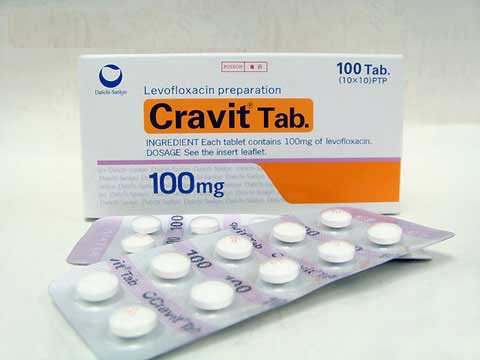
No long-term musculoskeletal toxicity effects were noted with short-term use.
Fluoroquinolone antibiotics are widely used in adults due to their broad spectrum of activity and long half-life. However, because preclinical animal studies suggested cartilage toxicity, use of these agents has not been encouraged in children. Subsequent trials involving children with meningitis, otitis media, or complicated urinary tract infection did not demonstrate any increase in musculoskeletal adverse events during short-term follow-up.
Now, researchers (funded by the manufacturer of levofloxacin) have conducted a long-term follow-up study involving a subset of children who had previously been enrolled in one of three trials comparing levofloxacin with a non-fluoroquinolone antibiotic and had participated in a 12-month postexposure safety study. During the 12-month-study, 3% of 1340 levofloxacin-treated children and 2% of 893 comparator-treated children had a protocol-defined musculoskeletal disorder (PDMSD) or a musculoskeletal adverse event (MSAE). A total of 207 children (124 levofloxacin-treated, 83 comparator-treated; 97% aged <12 years; median age, 2.9 years) who demonstrated a PDMSD or an MSAE during the 12-month safety study — or were identified as being at potentially higher risk for bone or joint toxicity — were selected for an additional 4 years of follow-up. Each year, physical examination including measurement of linear growth was performed and a questionnaire was administered.
During follow-up years 2 through 5, three patients in each group developed MSAEs, none of which was deemed likely to be drug related. Only half the patients completed the planned 5-year follow-up, and at that time, one child in each group still had possibly drug-related musculoskeletal toxicity.
COMMENT
This long-term follow-up study demonstrated similarly low rates of musculoskeletal complaints among levofloxacin-treated and comparator-treated children. At most, the findings provide a lack of endorsement of the fluoroquinolone-associated musculoskeletal problems seen in preclinical studies involving juvenile beagles. Fluoroquinolone antibiotics are unique in their oral administration and broad-spectrum coverage, including Pseudomonas, and have a place in the pediatrician's armamentarium. This study demonstrating absence of long-term side effects is reassuring but is limited by participant attrition.
Deborah Lehman, MD reviewing Bradley JS et al. Pediatrics 2014 Jun 2.
CITATION(S):
Bradley JS et al. Assessment of musculoskeletal toxicity 5 years after therapy with levofloxacin. Pediatrics 2014 Jun 2; [e-pub ahead of print].
[PubMed® abstract]





 留言列表
留言列表
 線上藥物查詢
線上藥物查詢 